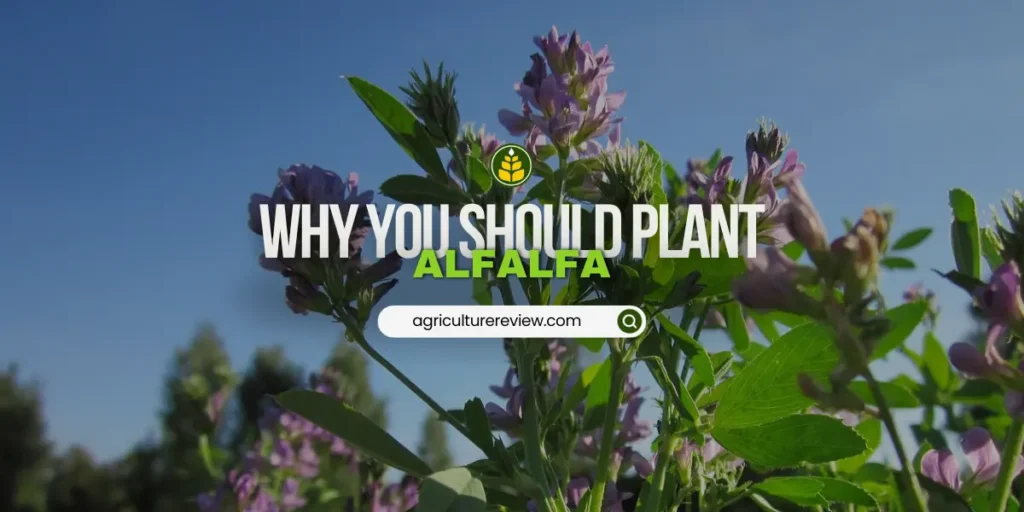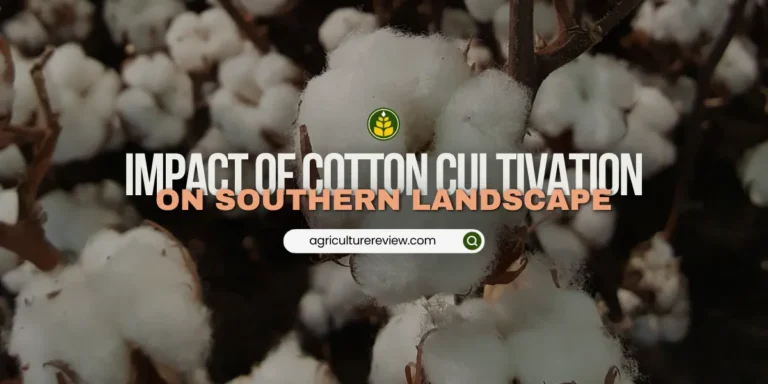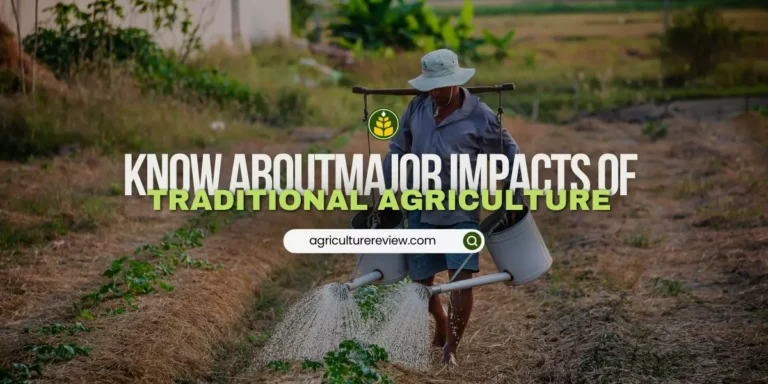Alfalfa (Medicago sativa) is a perennial leguminous crop that fixes nitrogen in the soil and is often cultivated as a cover crop. It is a good agricultural practice to plant a field with alfalfa every few years to replenish the lost nitrogen from the soil. Cereal crops exhaust high amounts of nitrogen from the soil. Alfalfa can be planted in September after harvesting cereal crops in June.

However, you should not plant alfalfa every next season because of autotoxicity. Therefore you can plant them on your field every few years. If you are a farmer who cultivates grains, then planting alfalfa after the harvest of the main crop could be a potential solution to reduce the need to apply nitrogen-based fertilizers. It can fix about 300 pounds of nitrogen per acre per year. Root nodules of alfalfa contain nitrogen-fixing bacteria (Rhizobium) that fix the atmospheric nitrogen into ammonia that can be used by the plant.
Moreover, alfalfa can be cultivated as a forage legume crop that is useful to feed cattle, poultry birds, pigs, etc. because it has the highest feeding value of all common hay crops. It has a high protein content and highly digestible fiber. Also, this crop’s roots penetrate deep into the soil, in a year alfalfa roots grow about 6 feet deep in the soil, thus improving drainage for the next crop.
Recently people have also started using alfalfa as a potential source of of vitamin K, which is an important vitamin for blood clotting. Sprouts of alfalfa is helpful in diabetes, blood pressure, skincare, cancer, etc. Therefore, the demand in the market is also increasing.
In 2021, the global alfalfa market was valued at US $21.63 billion and is projected to grow up to $35.20 billion in 2028 at a CAGR of 7.2%. Therefore, if you are a farmer who plants cereal crops such as rice, wheat, corn, etc., then also plant alfalfa after a few years to replenish soil nitrogen content naturally and reduce dependency on chemical fertilizers for supplying nitrogen for the growth of your cereal crops.
If you have any queries, ideas or suggestions, then please comment below. You can also connect with Agriculture Review on Facebook, Instagram, Koo and WhatsApp Messenger.




